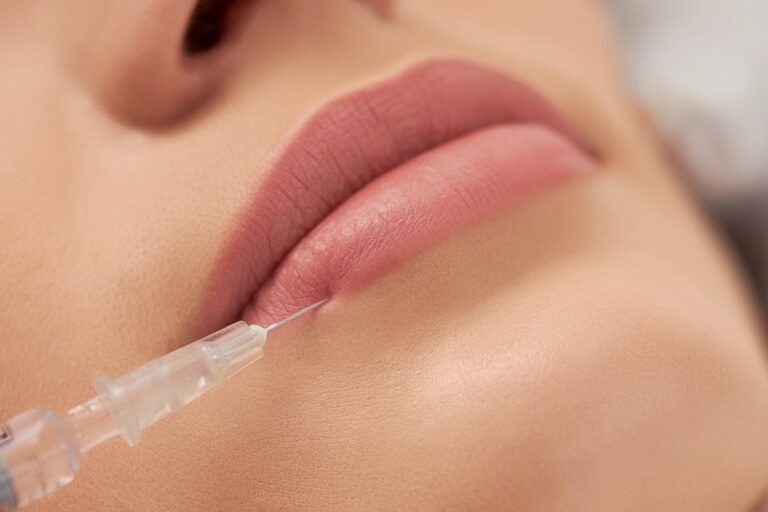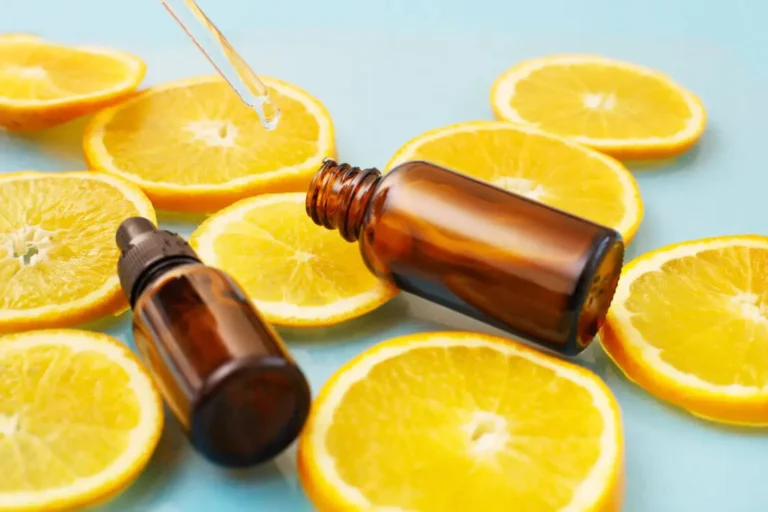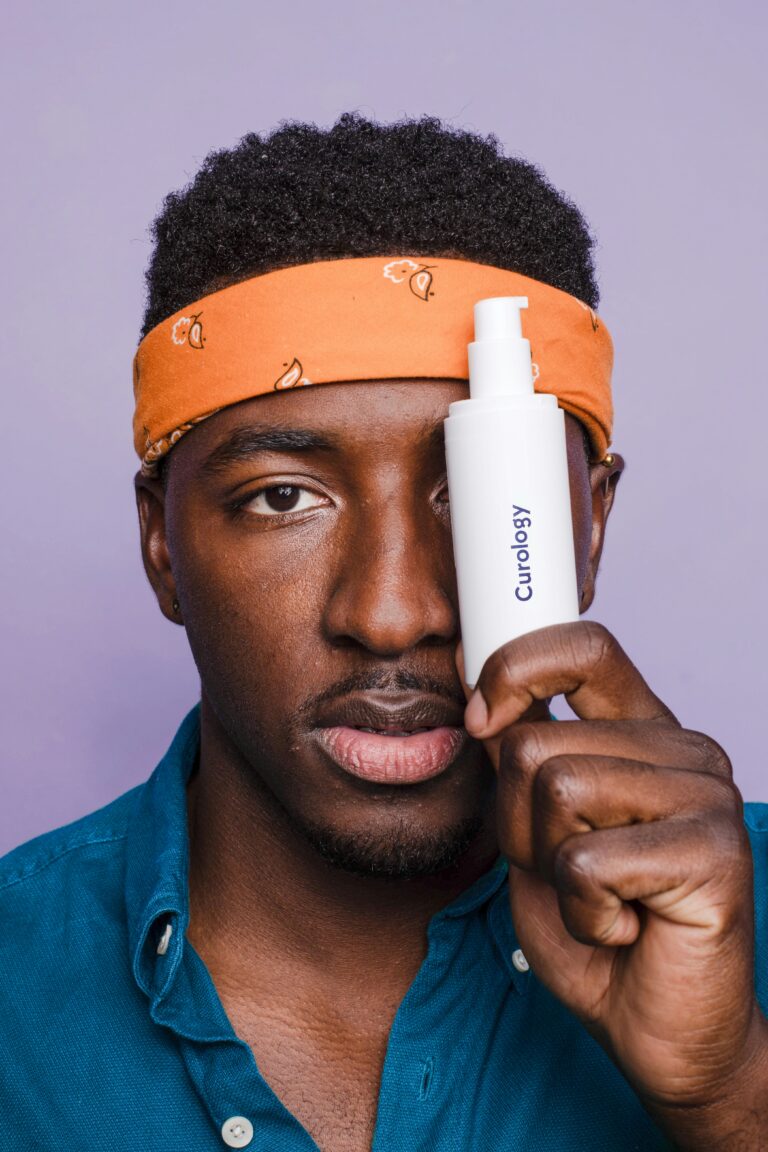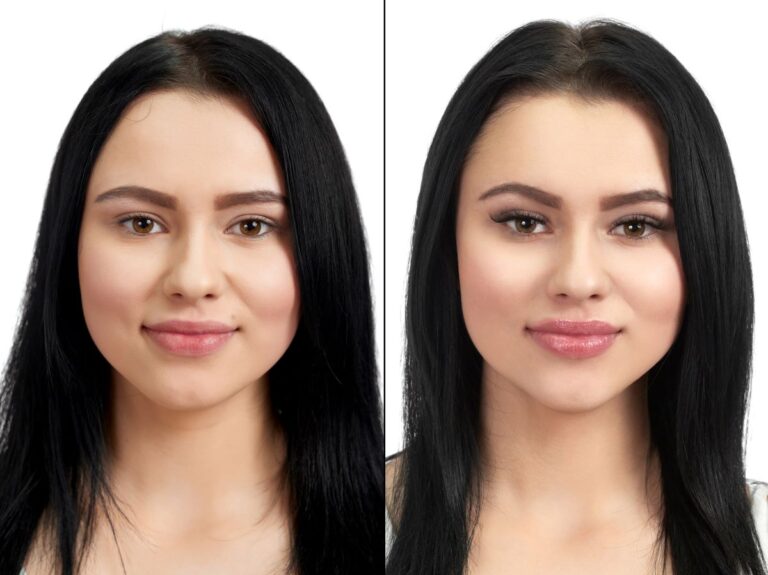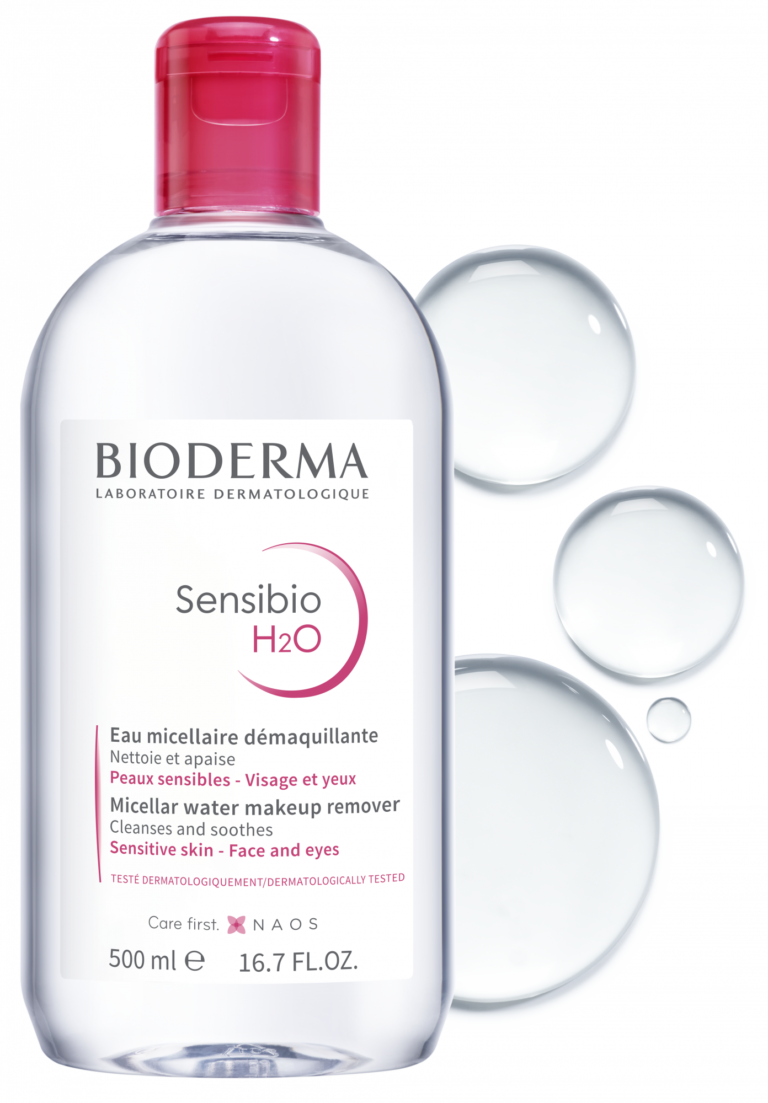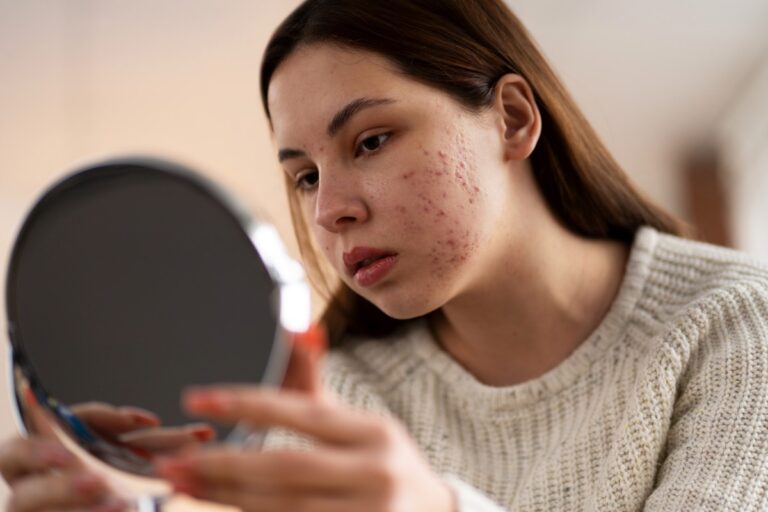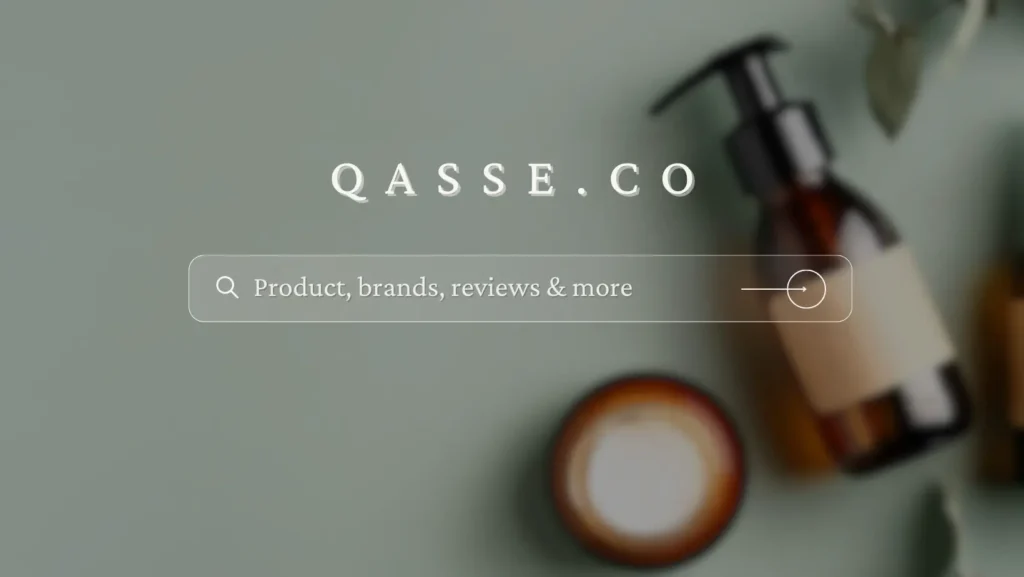The Dangers of Following Bad Skincare Advice: Debunking Common Myths

Skincare myths can lead you astray, making you think you’re helping your skin when you might be harming it. It’s easy to get caught up in what everyone says works, but not all advice is good advice. Learning to spot the difference between myths and truths is key to better caring for your skin.
Common Myths and the Importance of Education
Skincare myths often lead people down the wrong path, thinking they’re helping their skin when they might be causing harm. It’s crucial to sift through the noise and find reliable information to make informed decisions about your skincare routine.
Understanding the truth behind common misconceptions enables you to tailor a skincare approach that truly benefits your skin. Education is key, as it empowers you to make choices that protect and enhance your skin’s health without falling prey to myths.
Waterproof Sunscreen Lasts All Day
Many believe that once you apply waterproof sunscreen, you’re protected all day, no matter what. However, this isn’t the case. Waterproof sunscreen can resist water to a certain extent, but it still wears off with sweat, water contact, and over time.
Sunscreen should be reapplied every two hours, especially if you’re spending time outdoors, swimming, or sweating. This ensures continuous protection against the sun’s harmful UV rays. Waterproof doesn’t mean permanent, so reapplication is key.
For the best protection, use a broad-spectrum sunscreen with an SPF of 30 or higher. And remember, applying enough sunscreen is just as important as reapplying it. A shot glass full of water for the body and a teaspoon for the face should do the trick.
Exfoliating Too Hard or Too Often
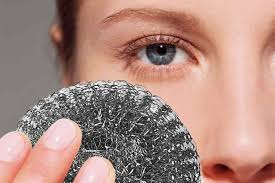
Exfoliating your skin can feel like a fresh start, but doing it too much or too aggressively can backfire. Your skin can become irritated, red, and even more prone to breakouts. It’s like scrubbing away your skin’s protective layer, exposing it to environmental aggressors.
The key to safe exfoliation lies in balance and gentleness. Stick to exfoliating just a couple of times a week and choose products that suit your skin type. Whether you prefer chemical exfoliants like AHAs and BHAs or physical ones like scrubs, gentle does it.
Chocolate Causes Acne

The idea that chocolate causes acne has been around for ages. Yet, recent research suggests that chocolate itself isn’t the direct culprit. It’s more about the sugars and fats often found in chocolate treats that can influence your skin’s condition.
A balanced diet plays a crucial role in maintaining healthy skin. Foods high in sugar and unhealthy fats can trigger hormonal fluctuations and inflammation, potentially leading to breakouts. So, while chocolate might not be the enemy, moderation is key.
A Base Tan Prevents Sunburn
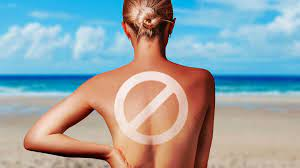
The idea that a base tan can prevent sunburn is a common misconception. In reality, a tan is your skin’s response to UV damage, indicating harm rather than protection. Relying on a base tan for sun defense is like using a small umbrella in a storm; it offers far less protection than you need.
Sunscreen is the real hero when it comes to sun protection. It’s essential to use a broad-spectrum sunscreen with an SPF of 30 or higher, applying it generously and reapplying every two hours or after swimming or sweating. This creates a shield against the sun’s harmful rays, reducing your risk of sunburn and long-term skin damage.
Preparation H for Puffy Eyes
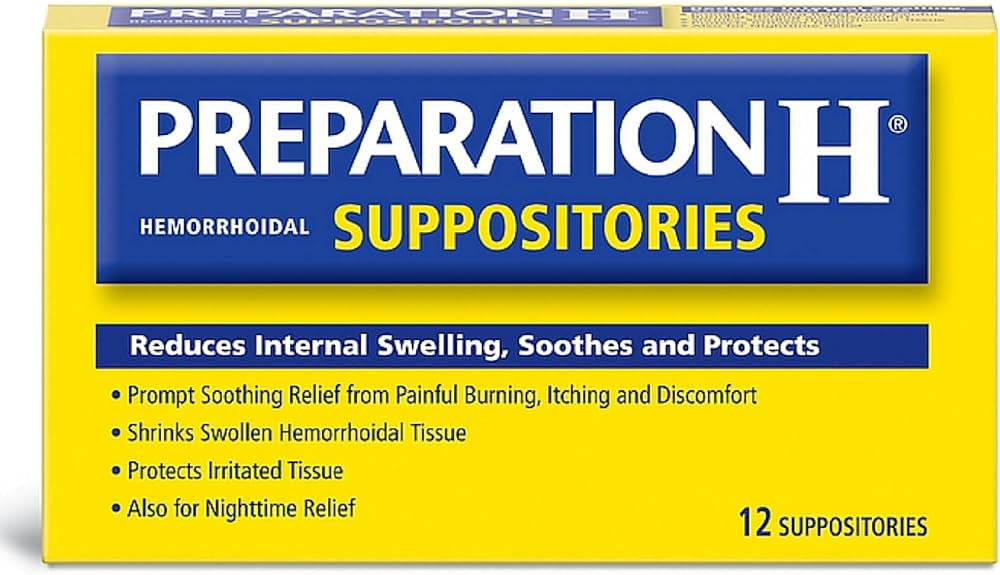
There’s a widespread belief that using preparation H on puffy eyes can reduce swelling. This idea comes from the product’s ability to constrict blood vessels, which theoretically could lessen puffiness. However, it’s not designed for the delicate skin around your eyes and can cause irritation or even more swelling.
The risks of using a product not intended for facial skin, especially around the eyes, cannot be overstated. The skin in this area is thinner and more sensitive, making it vulnerable to harsh ingredients. Using Preparation H here can lead to dryness, irritation, and, in some cases, worsen the puffiness.
There are safer and more effective methods for reducing under-eye puffiness. Gentle massage, cold compresses, or eye creams formulated with caffeine or antioxidants can help diminish puffiness. Staying hydrated, getting enough sleep, and reducing salt intake significantly prevent puffy eyes.
Acne Is Solely Genetic

The belief that acne is solely genetic oversimplifies a complex condition. While genetics can affect one’s susceptibility to acne, it’s not the whole story. Environmental factors, diet, stress levels, and skincare routines also significantly impact acne development.
Hormonal fluctuations are a major player in acne, especially during puberty, pregnancy, or periods of stress. These changes can increase oil production, leading to clogged pores and breakouts. Similarly, certain cosmetics and skincare products can contribute to acne if they’re not suitable for your skin type.
Toothpaste as Acne Treatment
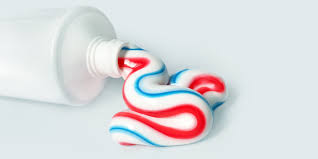
The old tip of dabbing toothpaste on a pimple has been around for years, but it’s not the best idea. Toothpaste can irritate your skin, leading to redness, dryness, and sometimes even burns. The ingredients meant to clean your teeth can be too harsh for your skin.
If you’re dealing with a breakout, there are safer, more effective methods to tackle acne. Over-the-counter topical treatments containing benzoyl peroxide or salicylic acid are designed specifically for acne. These ingredients help to reduce inflammation and clear clogged pores without causing unnecessary irritation.
Dermatologist-tested-tested-tested products
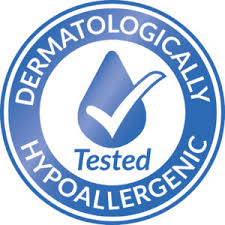
ologist Tested” on skincare products sounds reassuring, but it’s worth digging deeper into what that means. This label indicates that a dermatologist has reviewed the product, but the extent of testing can vary widely. It doesn’t necessarily mean the product underwent rigorous clinical trials or that it’s endorsed by all dermatologists.
Remember that individual skin reactions can differ when considering a product with this label. What works well for one person might not work for another, even if a dermatologist has tested it. It’s also important to look at the ingredientist and understand what’s in the product and why it might be beneficial for your skin type or condition.
Consulting your dermatologist before trying new products is always a good idea for those with sensitive skin or specific skin concerns. They can offer personalized advice based on your skin’s needs. Evaluating product safety and effectiveness is more about understanding your skin and less about relying solely on labels.
Antioxidants Reverse Wrinkles
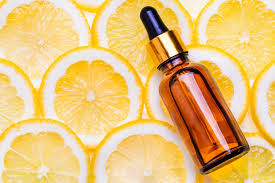
The claim that antioxidants can reverse wrinkles might sound like a magic bullet, but the truth is a bit more nuanced. Antioxidants play a crucial role in protecting the skin from damage caused by free radicals, which are unstable molecules that can accelerate aging. While they can’t erase wrinkles overnight, they can significantly contribute to preventing further damage and supporting the skin’s repair processes.
Incorporating antioxidants into your skincare routine is beneficial for overall skin health. Ingredients like vitamin C, vitamin E, and green tea extract are known for their antioxidant properties. They can help to brighten the skin, even out skin tone, and improve skin texture, making wrinkles less noticeable over time.
Sensitive Skin Shouldn’t Be Exfoliated
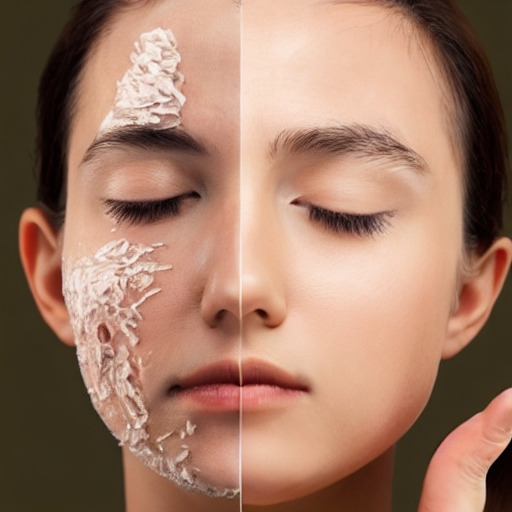
It’s a misconception that sensitive skin should never be exfoliated. The truth is that even sensitive skin can benefit from gentle exfoliation. The key is choosing the right method and products that won’t irritate or harm the skin.
For those with sensitive skin, chemical exfoliants like lactic acid or low concentrations of glycolic acid can be more suitable than physical scrubs. These ingredients gently dissolve dead skin cells without the need for rubbing or scrubbing, which can aggravate sensitive skin.
It’s also important to exfoliate less frequently. Once a week might be enough for sensitive skin types. Always follow up with a soothing, hydrating moisturizer to help repair the skin’s barrier and reduce any potential irritation.
All SPF Protections Are the Same
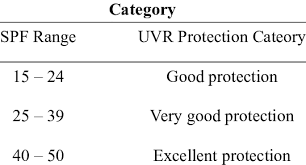
Many think SPF protection is universal, but SPF numbers show how long you can stay in the sun without burning. SPF 30 blocks about 97% of UVB rays, more effective than SPF 15, which blocks 93%.
Choosing the right SPF involves considering your skin type, how long you’ll be outside, and sun intensity. Fair skin or prolonged outdoor activity calls for higher SPF. SPF 30 might be enough for daily indoor life, but SPF 50 or higher is better for extended outdoor time.
Makeup Accelerates Aging

The belief that makeup accelerates aging is more myth than fact. The truth is that the effects of makeup on your skin largely depend on the type of products you use and how you care for your skin. High-quality, non-comedogenic makeup doesn’t clog pores or cause aging, but choosing products suitable for your skin type is crucial.
Proper skin care plays a significant role in mitigating any negative effects makeup might have. Always start with a clean face, use a good moisturizer, and apply a primer to create a barrier between your skin and makeup. Before going to bed, thoroughly removing makeup and cleansing your skin prevents buildup and supports skin health.
Tight Feeling Skin Is Healthy
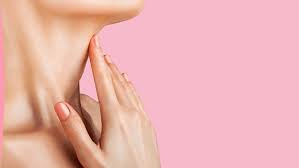
Tight skin isn’t healthy; it’s often dehydrated. Harsh products can strip natural oils, leaving the skin unprotected and lacking moisture. This tightness is misleading and suggests your skincare might be too harsh.
A balanced skin barrier is key to skin health. Look for products with hyaluronic acid, glycerin, and ceramides to keep skin hydrated. These ingredients help maintain your skin’s natural defense and moisture.
Healthy skin feels comfortable and supple, not tight. If cleansing leaves your skin tight, switch to a gentler product and use more moisturizers. Healthy skin is hydrated skin.
Men Don’t Need to Moisturize
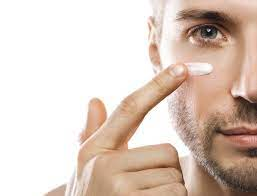
The idea that men don’t need to moisturize is a myth. Just like any skin, men’s skin faces daily stress from the environment, shaving, and cleansing, which can strip natural oils. Moisturizing helps to replenish these oils, keeping skin healthy and resilient.
Skincare isn’t just for women; it’s an essential routine for everyone, regardless of gender. Moisturizers tailored for men are designed to address specific needs, such as post-shave irritation. By maintaining hydration, men can prevent dryness, irritation, and premature aging.
Sweating Out Toxins for Skin Health

The idea that sweating can flush toxins out of your skin and improve health is a myth. While sweating helps regulate body temperature, it doesn’t significantly detoxify the body. Toxins are primarily removed by the liver and kidneys, not through sweat.
Effective skin health practices go beyond the myth of sweating out toxins. Keeping your skin clean, hydrated, and protected from the sun are foundational steps. Using products suited to your skin type and addressing specific concerns with targeted treatments will do more for your skin’s health than relying on sweat to detoxify.
Popping Pimples Is Harmless
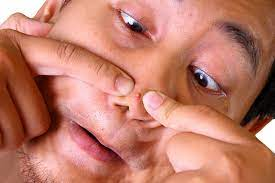
Popping pimples might seem like a quick fix, but it comes with risks. This habit can push bacteria deeper into the skin, leading to more inflammation, infection, and even scarring. Instead of healing, you might end up with a bigger problem than the pimple itself.
There are safer ways to address acne. Using over-the-counter treatments with salicylic acid or benzoyl peroxide can help clear up pimples without damaging the skin. Consulting a dermatologist is the best course of action for stubborn or severe acne. They can offer prescriptions and advice tailored to your skin’s needs.
Tight String for Growth Removal Like Skin Bumps
Using a tight string to remove skin growths is a method some might consider for a quick fix, but it’s fraught with risks. This approach can lead to infection and scarring and even worsen the problem by not obliterating the growth. It’s a classic case of a seemingly simple solution causing more harm than good.
The safest bet for handling skin growth is always to consult a dermatologist. These medical professionals can offer a range of effective, safe treatments tailored to your specific situation. Whether it’s through surgical removal, freezing, or topical treatments, a dermatologist will ensure the method is appropriate for the type of growth and your skin type.
Why These Myths Persist
Skincare myths have been around for as long as skin care itself, often originating from old wives’ tales or misinterpretations of scientific data. Over time, these myths get passed down through generations, becoming so ingrained that people accept them as truth without questioning their validity. It’s a cycle of misinformation that’s hard to break.
Social media and marketing play significant roles in perpetuating these myths. Companies often use sensational claims to sell products, and social media platforms are rife with anecdotal advice that lacks scientific backing. The combination of these factors creates a fertile ground for misinformation to spread and take root.
How to Avoid Falling for Skincare Myths
To steer clear of skincare myths, always approach new advice with a critical eye. Check the sources of the information you come across. If claims seem too good to be true, they probably are. Look for advice backed by scientific research rather than anecdotal evidence.
Consulting with dermatologists is a reliable way to get accurate skincare information. They can offer personalized advice based on your skin type and concerns. Dermatologists stay updated on the latest research and can help debunk myths you might encounter.
Using evidence-based resources is another safeguard against misinformation. Websites of reputable medical organizations and peer-reviewed journals are great places to find trustworthy information. Educating yourself through these channels empowers you to make informed decisions about your skincare routine.

